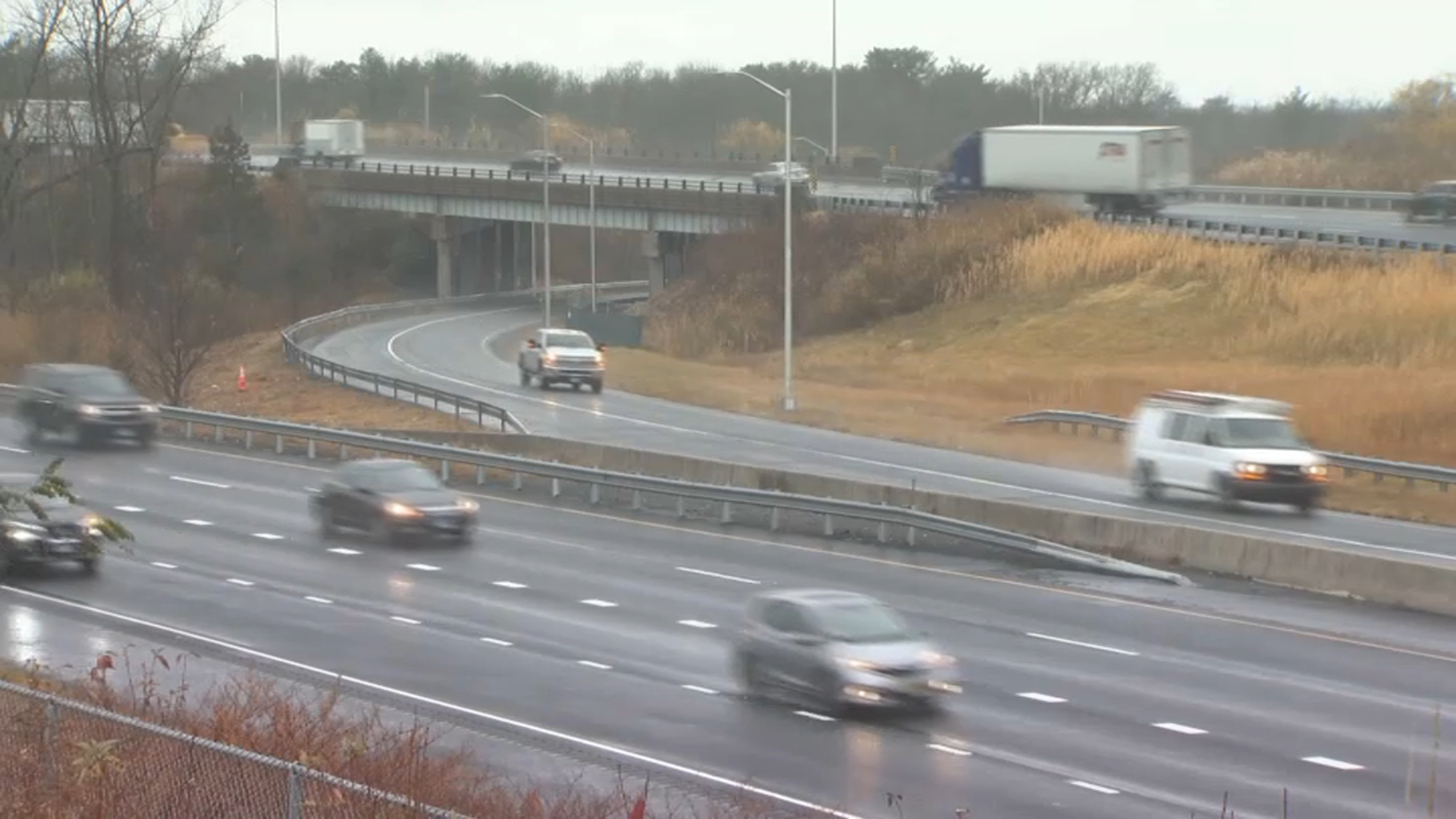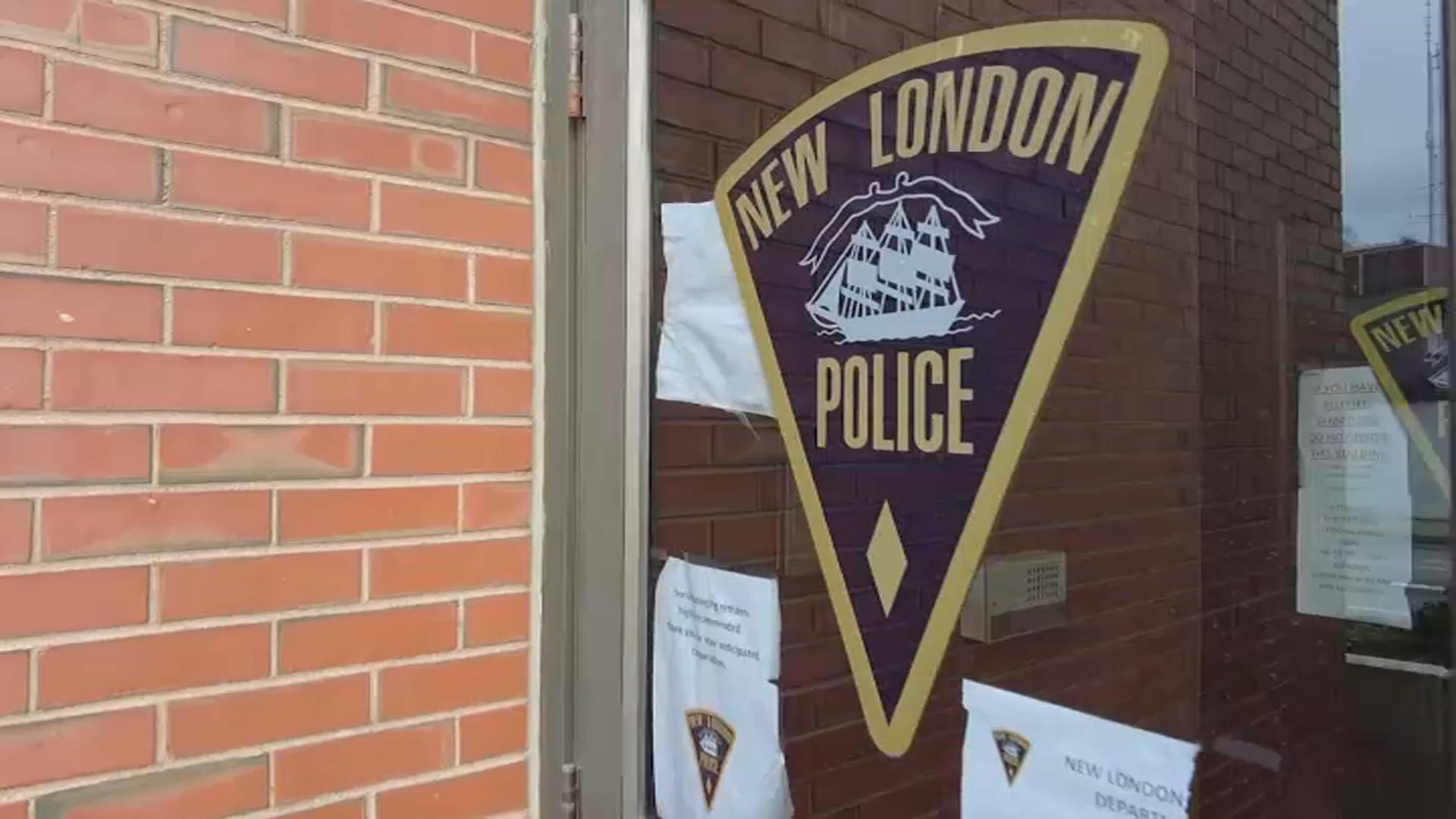New data shows youth car thefts are trending down this year. Advocates gathered at the state capitol to draw attention to the new numbers, which they say is proof Connecticut's laws work.
“We must shine a light on these issues but not mar the light with untruths, lies and innuendos,” Rep. Toni Walker, D-New Haven, said.
Walker said she doesn’t think laws need to be changed.
Youth car thefts decreased by 19% this year when compared to the first six months of last year, according to judicial branch statistics. They went from 421 in 2020 to 341 in 2021.
Get top local stories in Connecticut delivered to you every morning. Sign up for NBC Connecticut's News Headlines newsletter.
“This is not a partisan issue. I want to stick to the issue which is our kids,” Walker said.
Bipartisan talks over how to handle youth car thefts broke down this week.
Gov. Ned Lamont said he plans to take action soon.
Local
“We’re paying special attention. One of the changes I’ve ordered and are going into effect next week is to make sure judges know the difference between the first-time offender who's just doing something stupid and can make the appropriate response to that and that chronic repeat offender,” Lamont said.
"Turns out many police departments in our state don’t understand or even don’t know that when they have a child they really think is a public danger there’s actually a possibility they can order a judge to get that kid to be detained," said Michael Lawlor, an associate professor of criminal justice at the University of New Haven.
Youth advocates say they have a free solution.
“People leave their cars unlocked with the key fobs in the car,” Lawlor said. “This is not blaming the victim. This is just good advice.”
Republicans don’t believe this is a solution.
“Blaming the victim is really to me reprehensible here,” Rep. Craig Fishbein, R-Wallingford, said.
“Failure to lock a car doesn’t give permission to step on my property, check if my car door is open, all of that stuff,” he added.
Advocates say they want the state to invest in youth instead of punishing them.
“We need to find real solutions that minimize recidivism. We need to dig deeper. Why are these kids committing crimes? What are we missing?” Illiana Pujols, policy director for the Connecticut Justice Alliance, said.
She says it goes back generations.
“The families are dealing with generations of poverty, of economic instability, all the same things the kids are facing. It's just the repeated cycle,” she said. “The same root issues we need to be addressing for the kids, we need to be addressing for the families.”



